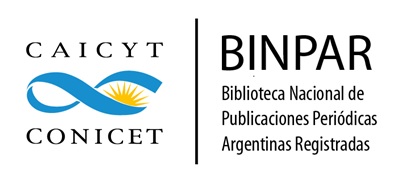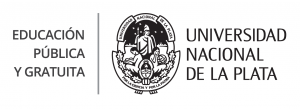Interview with Mauro Brissio, Promoter of the «Anti Fake News Law»
Keywords:
fake news, state, social networks, communication media, political communicationAbstract
In the post-pandemic context, social networks have consolidated as spaces for political disputes. It is there that false news that has been created and then shared with the aim of causing harm also began to circulate. In this interview, the teacher and researcher Mauro Brissio explains in a framework that exists in this era of convergence, and how fake news grows and manages to install itself from the systematic acceptance in traditional media.
Downloads
Downloads
Published
Issue
Section
License
Copyright (c) 2022 Nicolás Inchaurrondo

This work is licensed under a Creative Commons Attribution-NonCommercial-ShareAlike 4.0 International License.
La aceptación de un original por parte de la revista implica la cesión no exclusiva de los derechos patrimoniales de los/as autores/as en favor del editor, quien permite la reutilización, luego de su edición (postprint), bajo una Licencia Creative Commons Atribución-NoComercial-CompartirIgual 4.0 Internacional (CC BY-NC-SA 4.0)
Acorde a estos términos, el material se puede compartir (copiar y redistribuir en cualquier medio o formato) y adaptar (remezclar, transformar y crear a partir del material otra obra), siempre que a) se cite la autoría y la fuente original de su publicación (revista y URL de la obra), b) no se use para fines comerciales y c) se mantengan los mismos términos de la licencia.
La cesión de derechos no exclusivos implica que luego de su edición (postprint) en la revista las/os autoras/es pueden publicar su trabajo en cualquier idioma, medio y formato; en tales casos, se solicita que se consigne que el material fue publicado originalmente en Política y Comunicacíon.




















